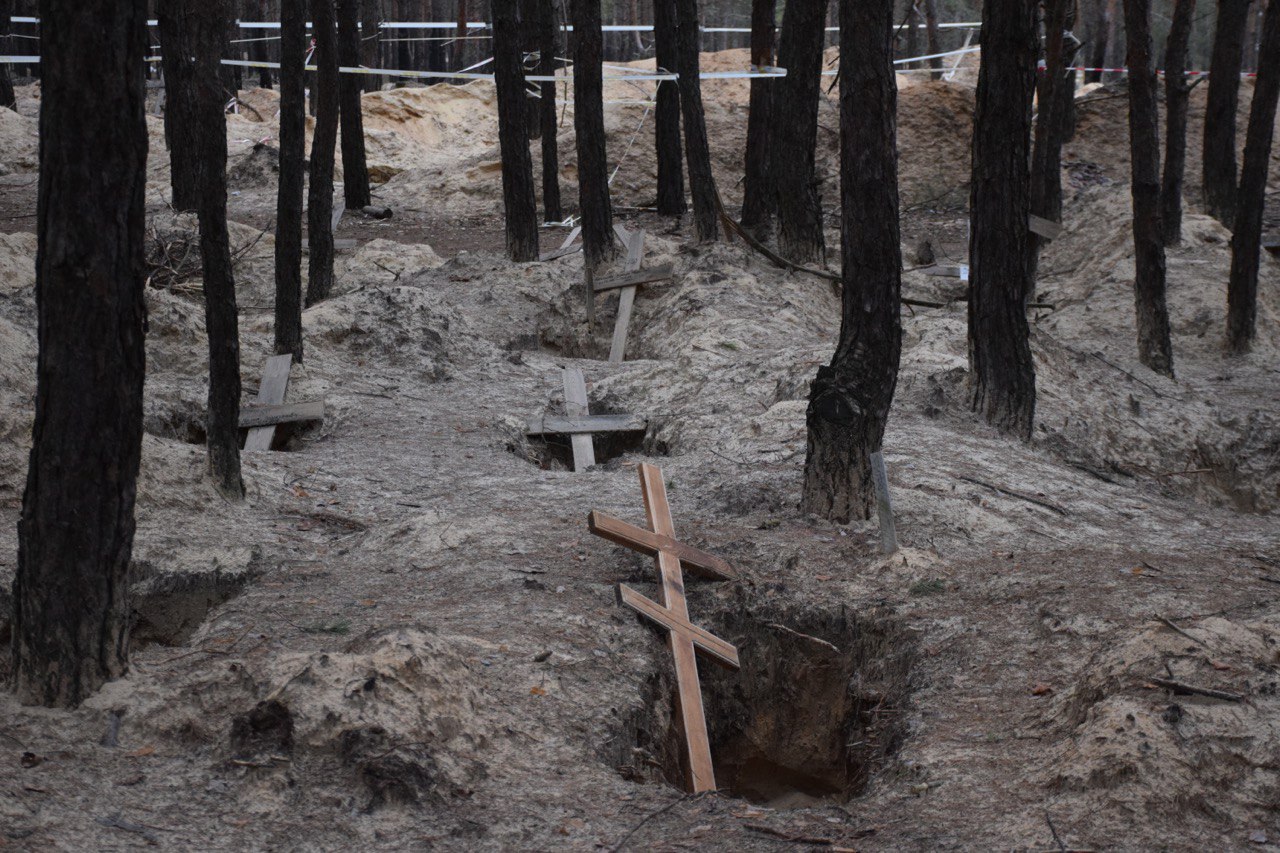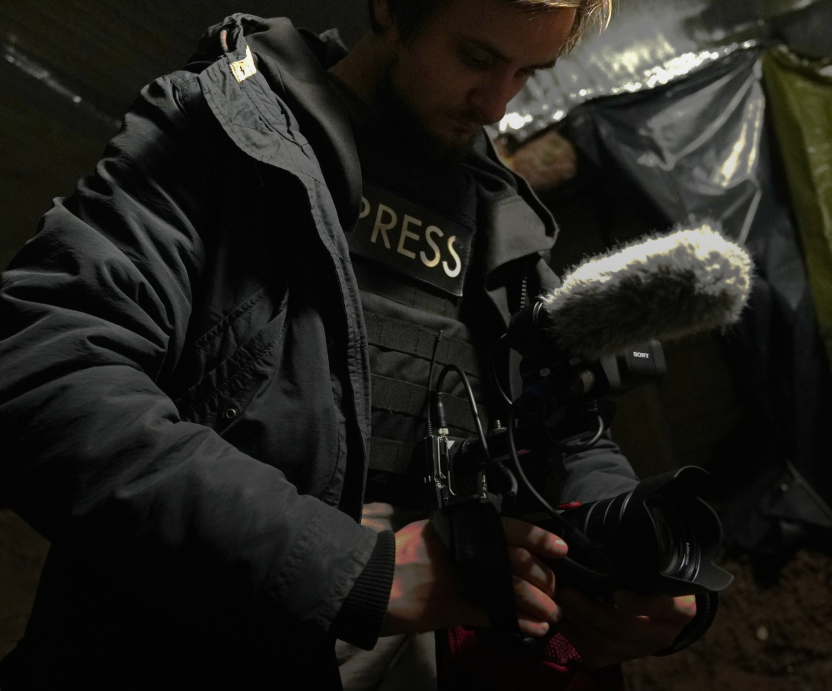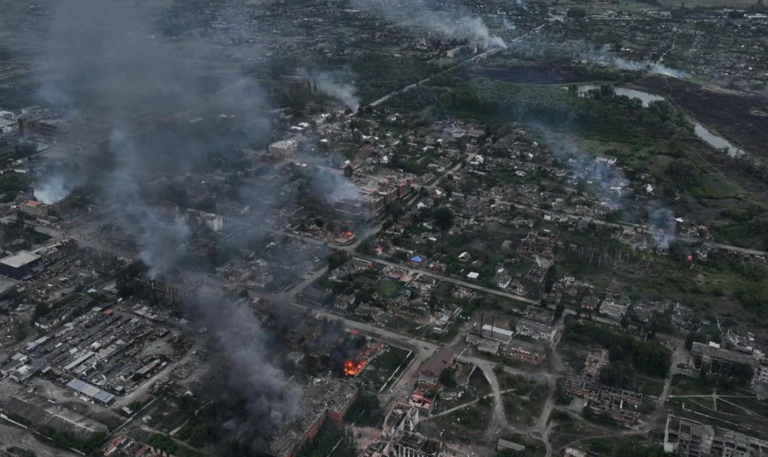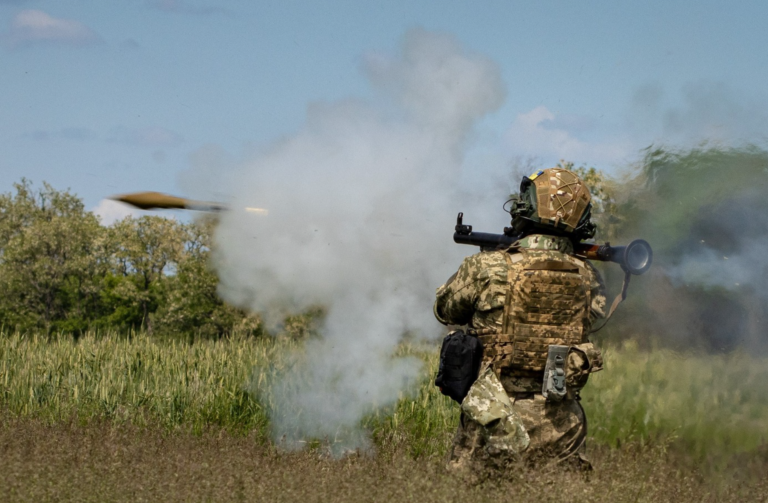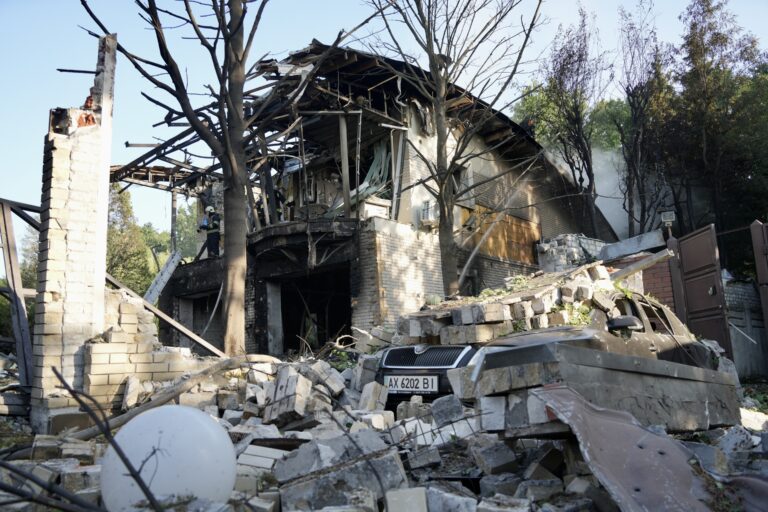On September 4, the chairman of the UN Independent International Commission of Inquiry on Violations in Ukraine, Erik Møse, said that there is still no consensus on whether genocide is taking place in the country. Thus, commission members arrived in Kyiv and had a press conference. This was reported by Radio Free Liberty.
“We are well aware of the concerns and accusations about this crime. Therefore, we are investigating this step by step. At the moment, we do not have sufficient available evidence that would meet the legal qualification provided for by the Genocide Convention. You remember that this is a question of intent, the intent of the perpetrators. There must be a “need” to destroy a certain group. And such destruction, according to the Convention, must be physical or biological. These are the strict conditions (for the recognition of genocide – ed.) that have been confirmed by judicial practice,” said Erik Møse, chairman of the UN Independent International Commission of Inquiry on Violations in Ukraine.
Earlier, during a press conference in Geneva in March 2023, he said that some aspects may raise concerns about possible genocide. Møse mentioned the statements of the Russian media as an indicator.

“We have not found that there was genocide in Ukraine. But we certainly follow all kinds of evidence in this area. And we have noted that some aspects may raise questions about this crime. For example, certain statements in the Russian media that are aimed at certain groups. But we have not yet made any conclusions,” he commented on discovering possible signs of genocide against Ukraine.
Jasminka Džumhur, a representative of the UN Independent International Commission of Inquiry on Violations in Ukraine, said that some of Russia’s actions led to the conclusion that a crime against humanity may have been committed. In particular, she mentioned the systematic attacks on Ukraine’s energy infrastructure in this context.
“This affects people’s lives, healthcare facilities, and children’s access to education. It has a serious impact on mental health. These were systematic attacks on infrastructure. These two elements lead us to the conclusion that a crime against humanity may have occurred.
When we talk about torture, we also recognize that the resources, places and organization allocated to it lead us to the conclusion that a crime against humanity may have been committed,” said Jasminka Džumhur.
Ukrainian authorities have stated that Russia is committing genocide. Western countries are involved in confirming the facts of mass killings and investigating. The Russian Federation denies accusations of war crimes.
See also
23 torture chambers discovered in Kharkiv Oblast. The Russian invaders also organized mass graves of Ukrainian citizens to conceal the crimes. After the de-occupation process, the bodies of 679 people were exhumed in the region, 451 in Izium and 105 in other districts of Kharkiv region.
Russian military committed about 14,500 war crimes in Kharkiv Oblast. The region ranks second in Ukraine in terms of such indicators after Donetsk region.
War crimes in Kharkiv Oblast: 37 Russian servicemen notified of suspicion. Crimes committed by the military personnel of the aggressor state and representatives of Russian private military companies must not go unpunished.
